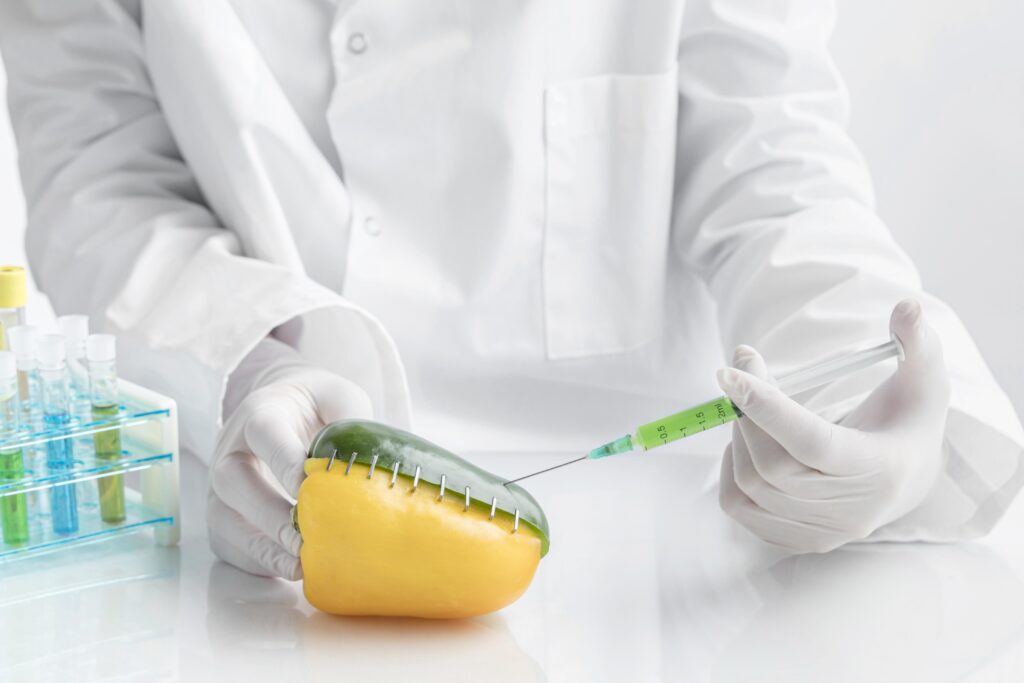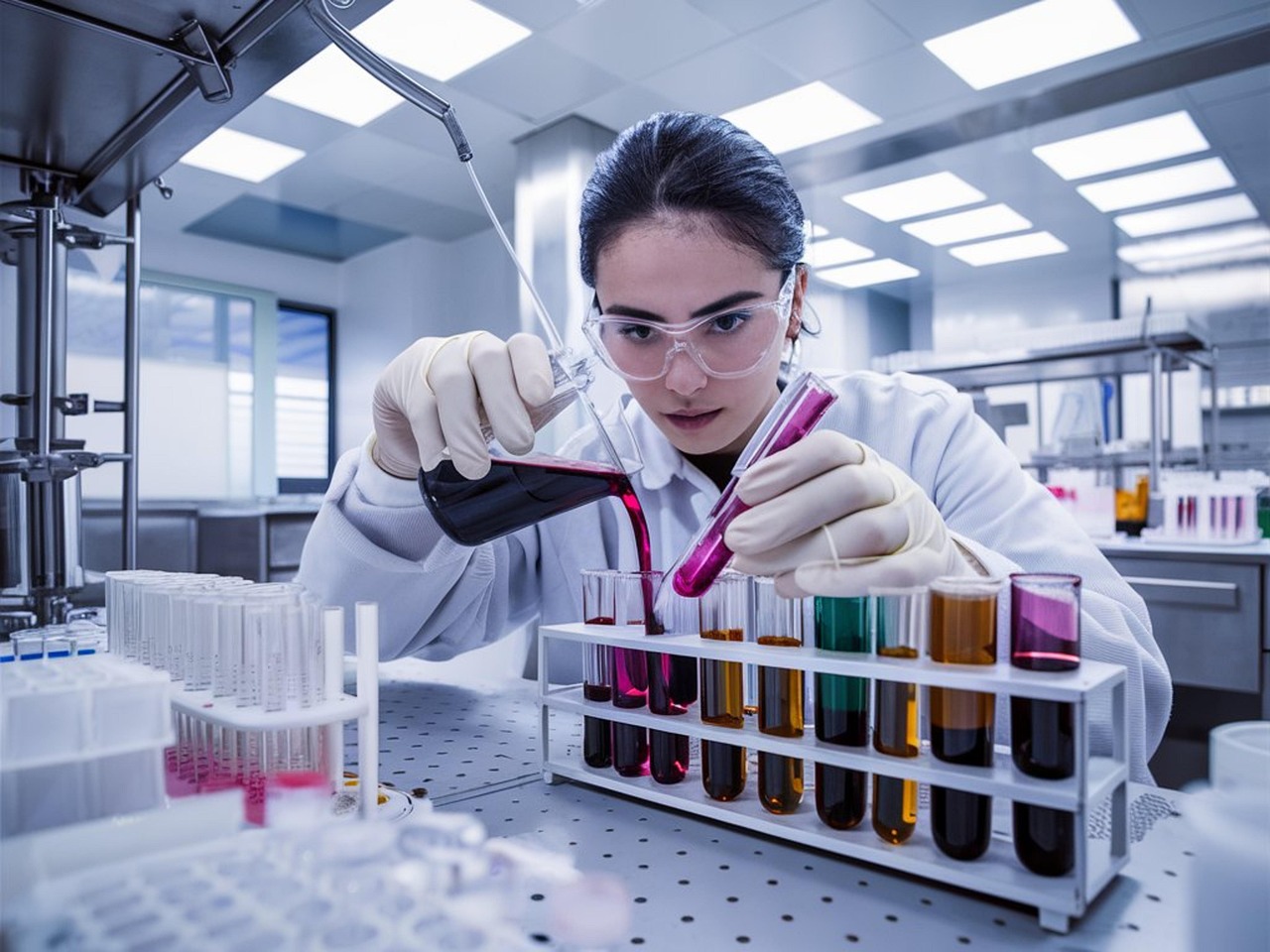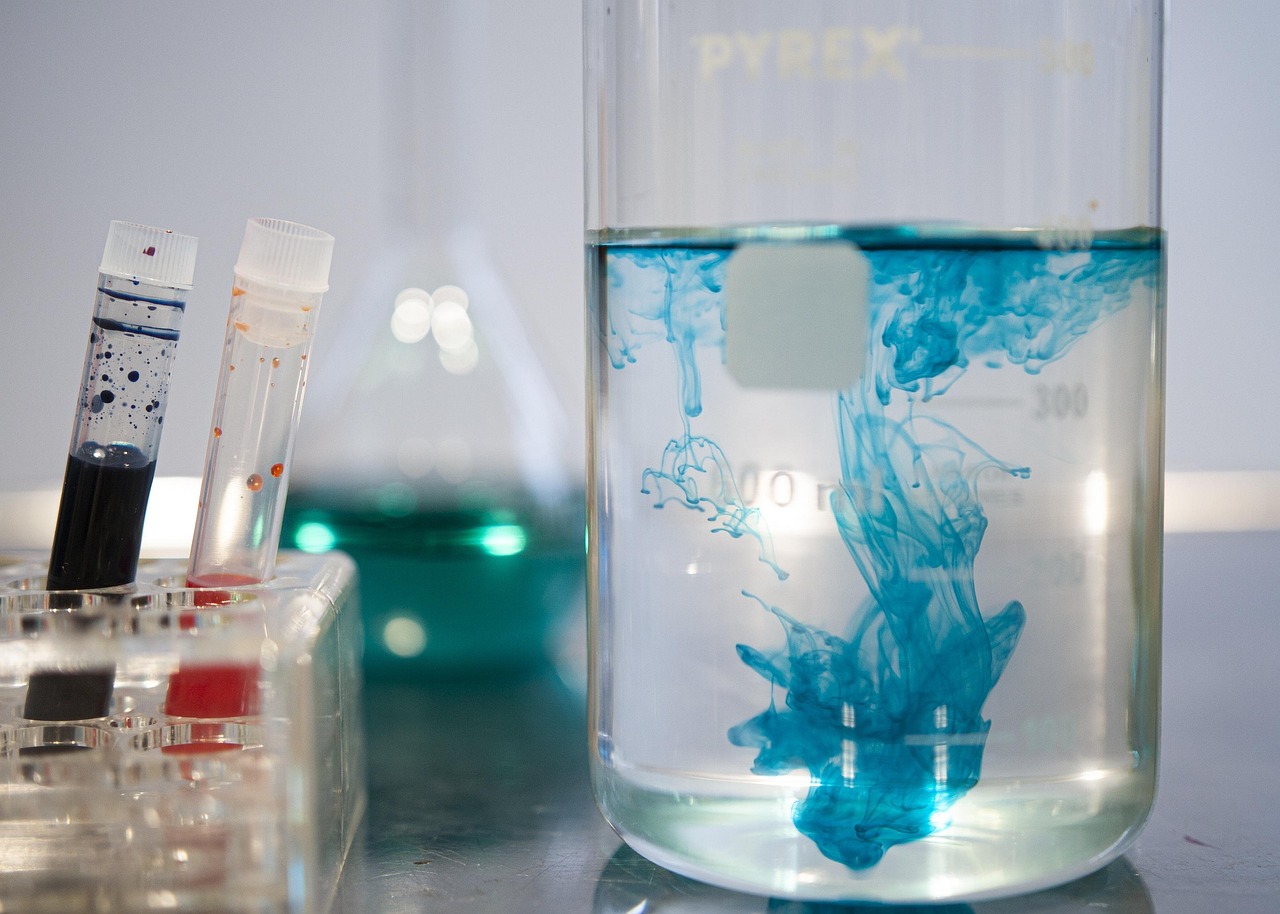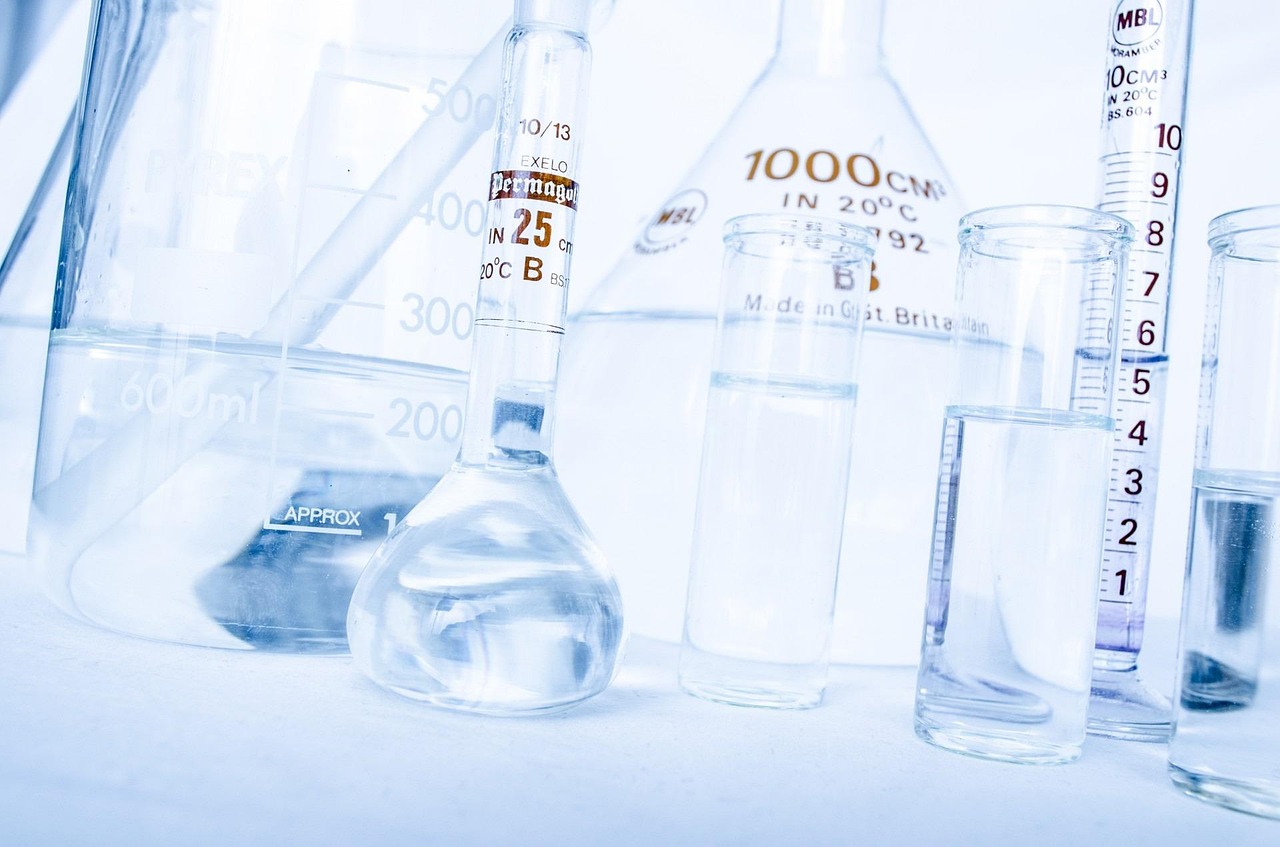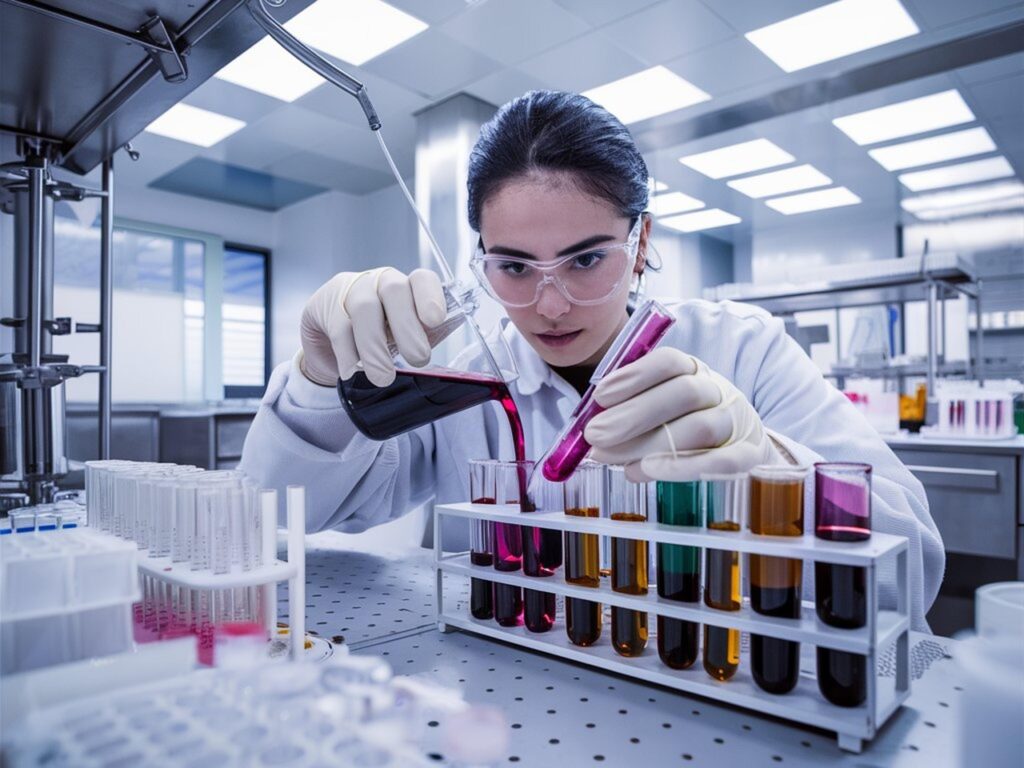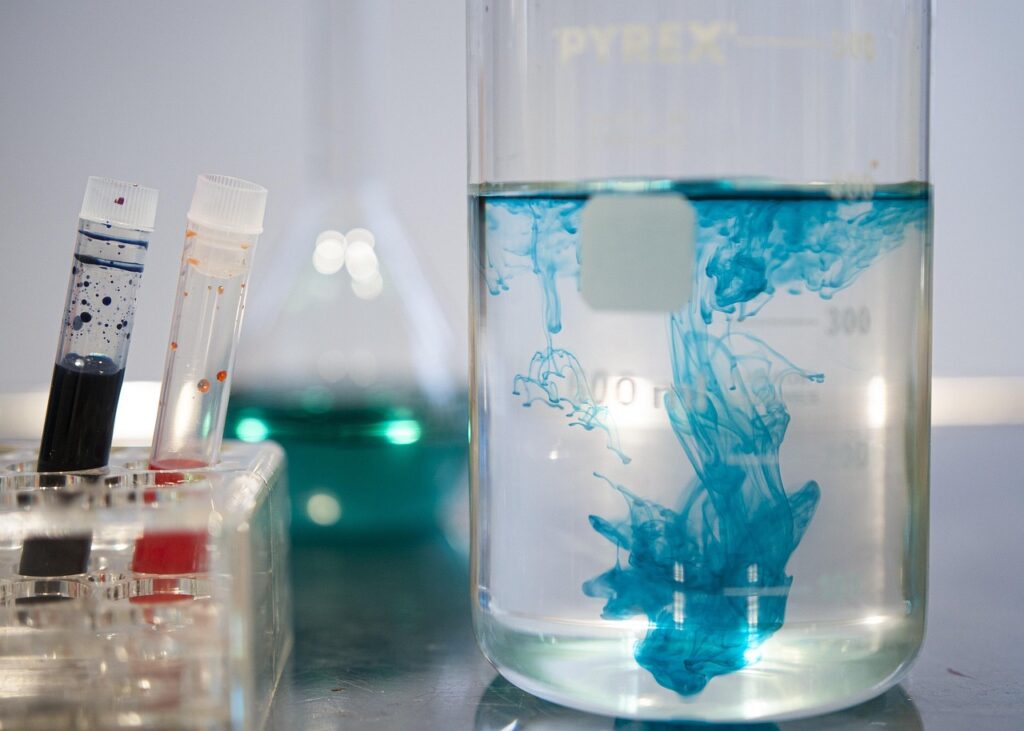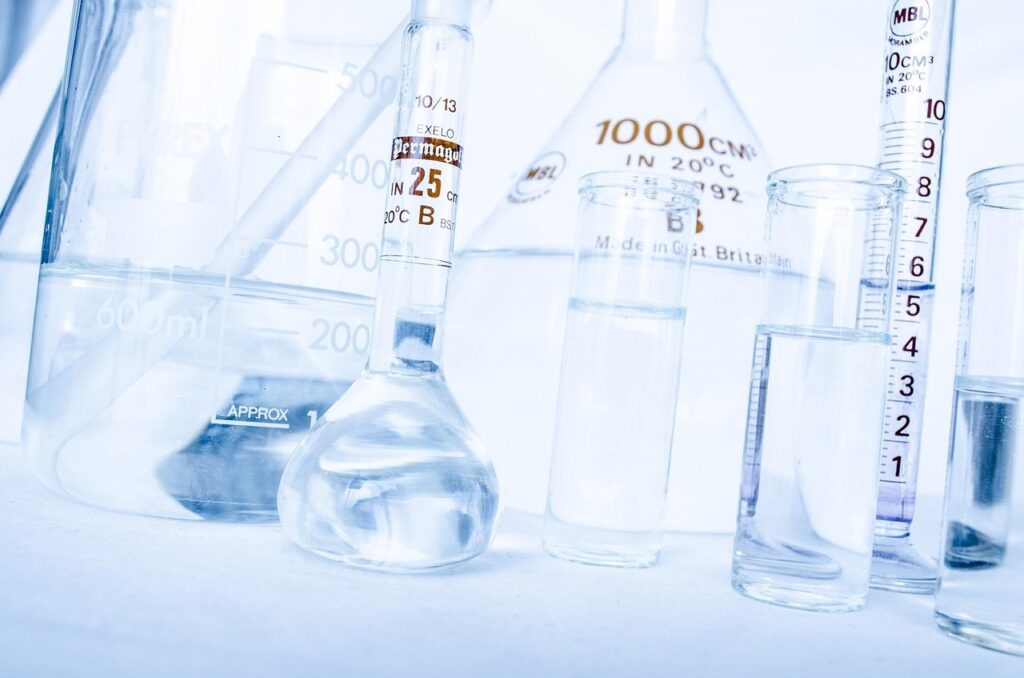For producers, regulators, and consumers alike, food safety is a top priority. Preserving the public’s health and consumer confidence requires making sure food is free of dangerous pollutants. This is where regular food contaminant testing comes into play. In this blog post, we will discuss the significance of consistent testing for contaminants in food, the benefits it provides, and how working with a reliable food testing lab can enhance safety and quality control.
Understanding Food Contaminants
Contaminants in food might be in the form of physical items, heavy metals, microorganisms, or chemical residues. These materials have the potential to get into the food supply chain at any stage of distribution, processing, or production. Consumers who ingest contaminated food run a substantial risk of developing long-term health problems as well as foodborne infections.
The Role of Regular Food Contaminant Testing
Protecting Public Health: Regular food contaminant testing is crucial for identifying and addressing potential health hazards. Food companies can stop contaminated items from reaching consumers by identifying pollutants early on.
Maintaining Regulatory Compliance: Although regional laws governing food safety vary, they all place a strong emphasis on the necessity of safe, contaminant-free food. Food products are tested frequently to make sure they adhere to the necessary safety regulations.
Developing Customer Trust: Customers want food goods that are both high-quality and safe. Testing regularly shows a dedication to quality assurance and safety, which fosters trust.
Preventing Expensive Recalls: Recalls resulting from contaminated food products can be expensive for producers in terms of monetary losses as well as harm to the reputation of their brands. Frequent testing aids in preventing these circumstances.
Ensuring that food production procedures are safe and environmentally responsible is one way that food contaminant testing may support sustainable practices.
Benefits of Working with a Food Testing Lab
Advanced Testing Methods: To reliably and effectively identify pollutants, a respectable food testing lab uses cutting-edge methods and equipment.
Expert Analysis and Guidance: At a food testing facility, seasoned experts can offer insightful analysis and helpful suggestions for enhancing food quality and safety.
Tailored Testing Solutions: A food testing laboratory can modify its offerings to accommodate the particular requirements of various food items and manufacturing procedures.
Reliable and Timely Findings: Maintaining regulatory compliance and making well-informed decisions depend on reliable and timely testing findings.
Comprehensive Testing Services: Chemical, microbiological, and physical analysis are just a few of the many testing services provided by a good food testing facility.
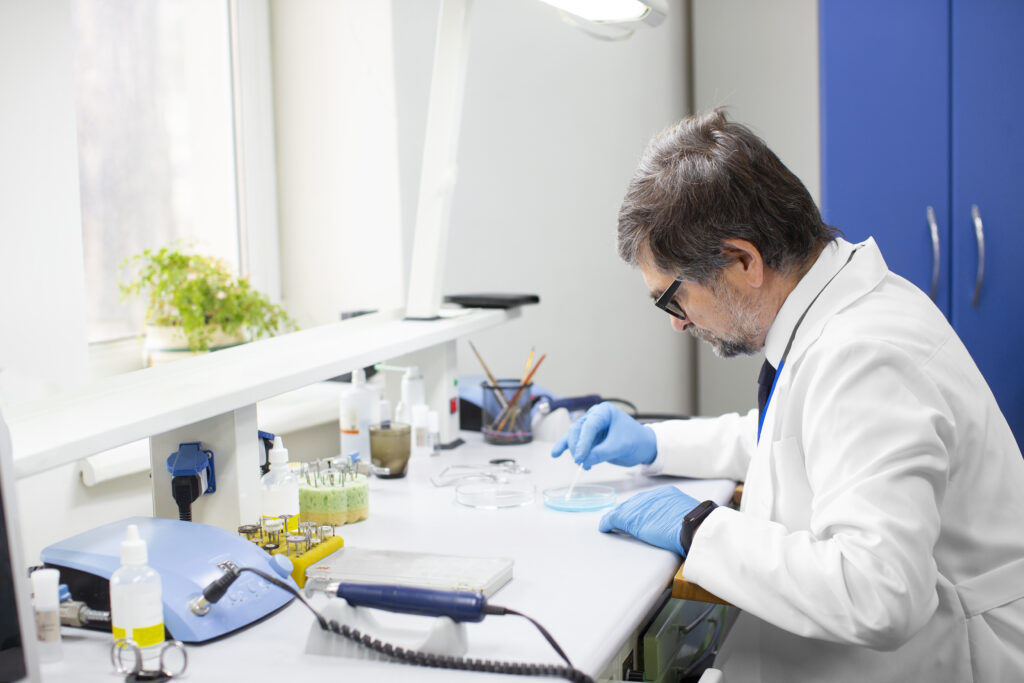
Steps for Effective Food Contaminant Testing
Create a Testing Plan: Create a thorough plan that specifies the kinds and frequency of tests required for every product.
Deal with a Trusted Food Testing Laboratory: Join forces with a respectable lab that has a solid reputation for accuracy and dependability.
Remain Up to Date on Regulations: To guarantee compliance, stay informed about the most recent food safety laws and industry standards.
Put Preventative Measures Into Practice: Utilize test results to pinpoint possible locations for development and put preventative measures into practice to lower the chance of contamination.
Educate Staff: Provide workers with training on the significance of testing for food contaminants and safe handling methods to reduce hazards.
Addressing Emerging Contaminants
New toxins may appear as the food business develops as a result of developments in technology, environmental variables, or industrial methods. food contaminants testing needs to be done proactively to stay on top of these developments. A trustworthy food testing lab keeps up with changes in the food business and new pollutants, allowing food companies to modify their testing procedures and uphold strict safety standards.
Global Implications of Food Contaminant Testing
Food goods frequently travel across international borders as a result of the food industry’s globalization. This poses new difficulties for regulators and food manufacturers in upholding uniform safety requirements. Frequent testing for food contaminants ensures that goods fulfill the safety and quality standards of many markets, promoting easier global trade and safeguarding consumers everywhere.
Reducing Food Waste Through Food Contaminant Testing
Food waste is a serious problem that has an impact on the environment and the financial health of food producers. By identifying items that fulfill safety and quality criteria and can therefore be safely distributed and consumed, food contaminant testing can help minimize food waste. This lessens the needless product disposal brought on by contamination worries.
Enhancing Product Traceability
Product traceability is a crucial component in managing food safety. Frequent testing for food pollutants improves traceability by revealing potential entry points for contaminants into the food supply chain. By using this information, the source of the contamination may be located and tracked down, enabling more focused corrective measures and enhanced manufacturing procedures.
Strengthening Risk Management Strategies
A crucial part of food manufacturers’ risk management plans is food contaminant testing. Producers can take specific action to reduce contamination risks and guarantee high-quality, safe products by detecting possible contamination risks and mitigating them. Additionally, by being proactive, manufacturers can minimize potential damage in the event of a contamination occurrence by responding more skillfully.
Building Brand Reputation and Loyalty
For food producers, a solid reputation for quality and safety is invaluable. Consumer loyalty and trust are increased when food contaminants are tested regularly, indicating a commitment to these ideals. Customers are more inclined to stick with a trusted brand and spread good word-of-mouth recommendations, which can result in a larger market share and higher growth potential.
Fostering Collaboration and Innovation
Working with a reliable food testing facility can help you come up with creative fixes and enhance your food safety procedures. Food producers and labs can create novel testing techniques, tackle new issues, and consistently enhance the quality and safety of food products by exchanging ideas and cooperating.
Conclusion
In summary, regular food contaminant testing is essential for ensuring food safety and quality in today’s complex food industry. Food manufacturers may develop safer, better-quality goods that satisfy consumer expectations and regulatory requirements by knowing the many types of contaminants, the advantages of collaborating with a food testing lab, and the wider implications of testing.
Success in food contamination testing depends on being proactive as the business changes. Food producers can create strong, dependable brands and help ensure a safer and more sustainable food supply for all by adopting cutting-edge testing techniques, working with experts, and continuously improving risk management tactics.

